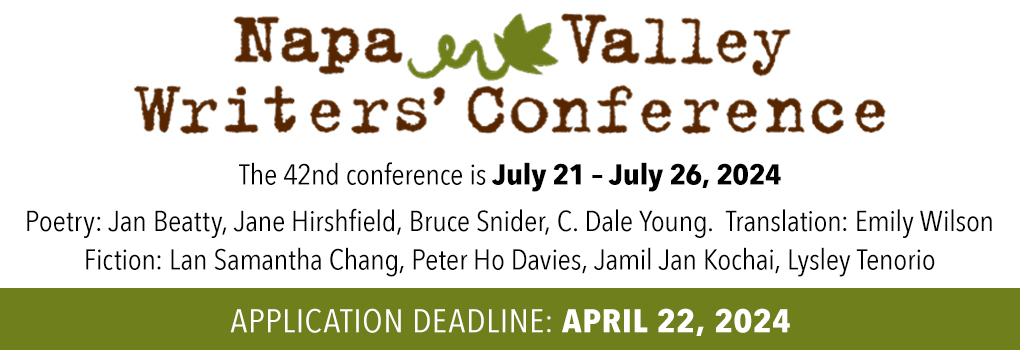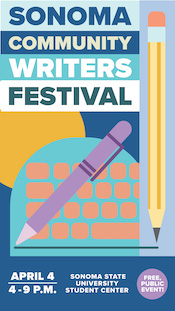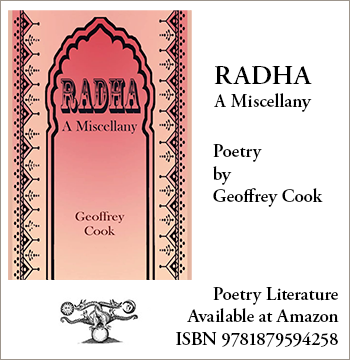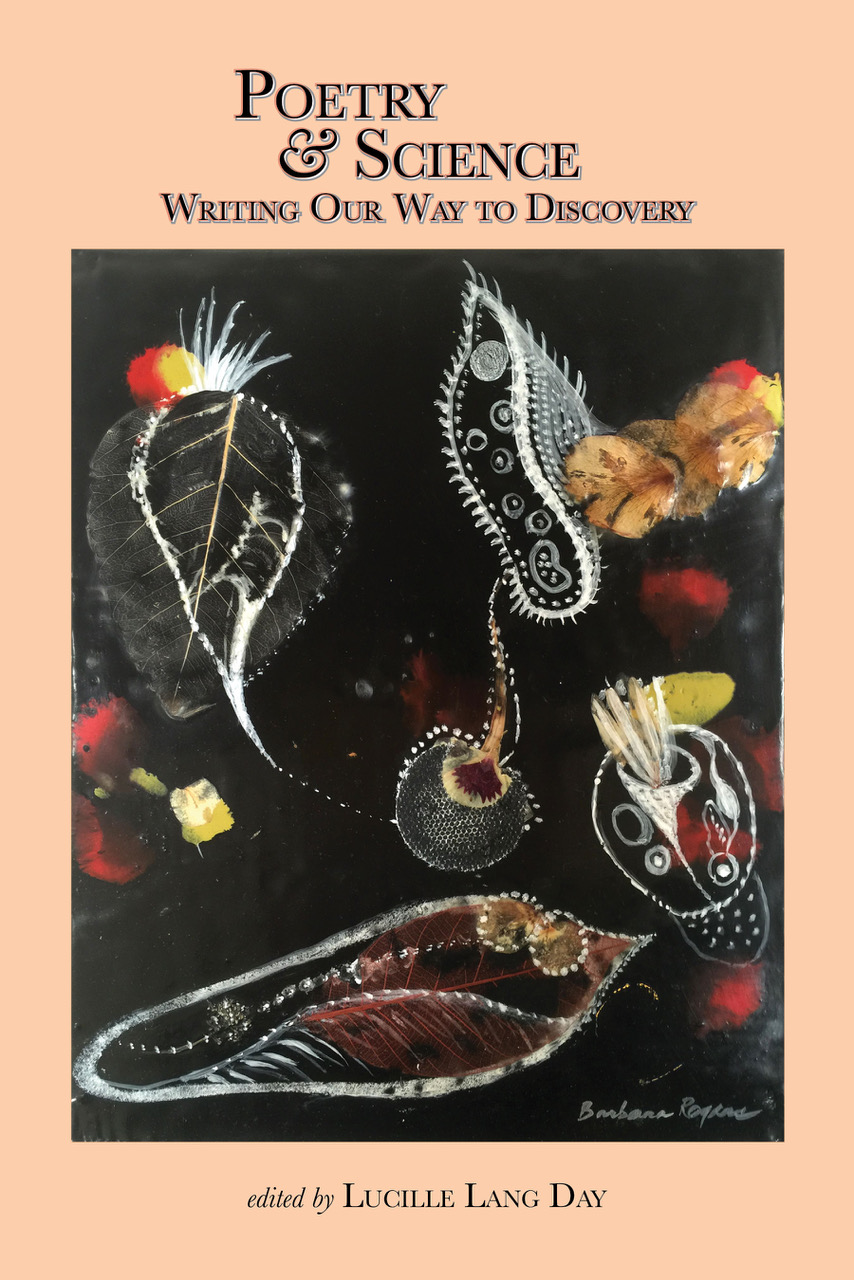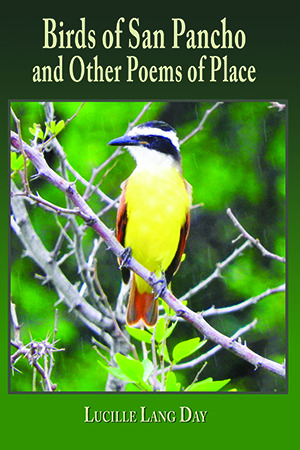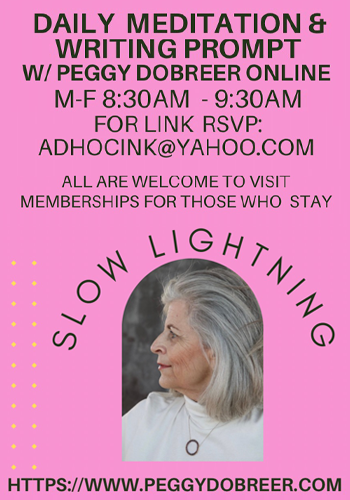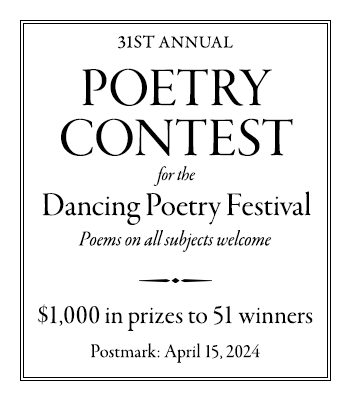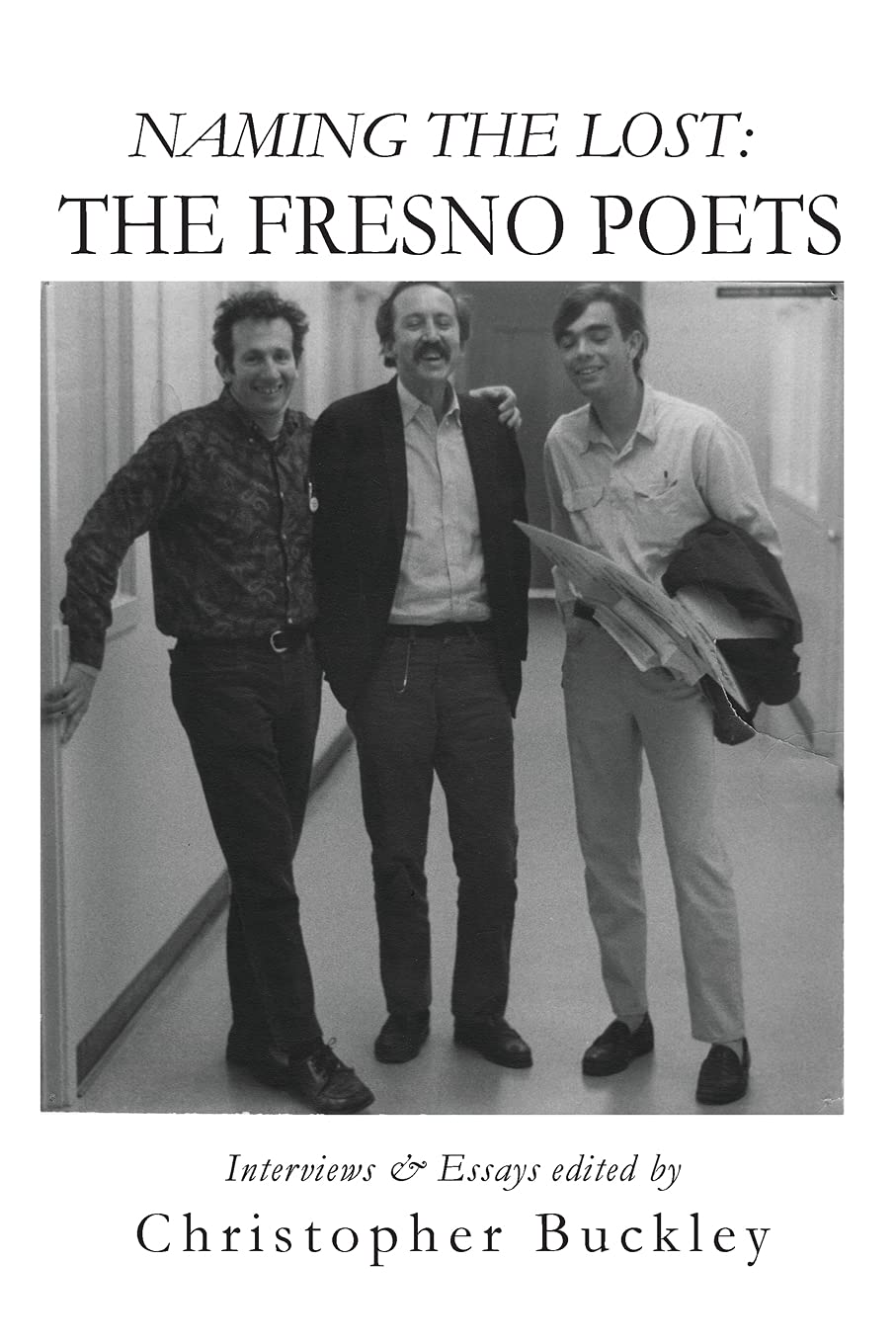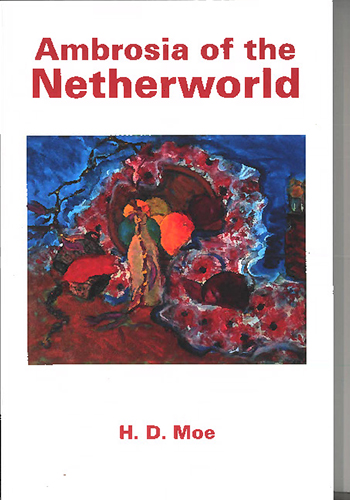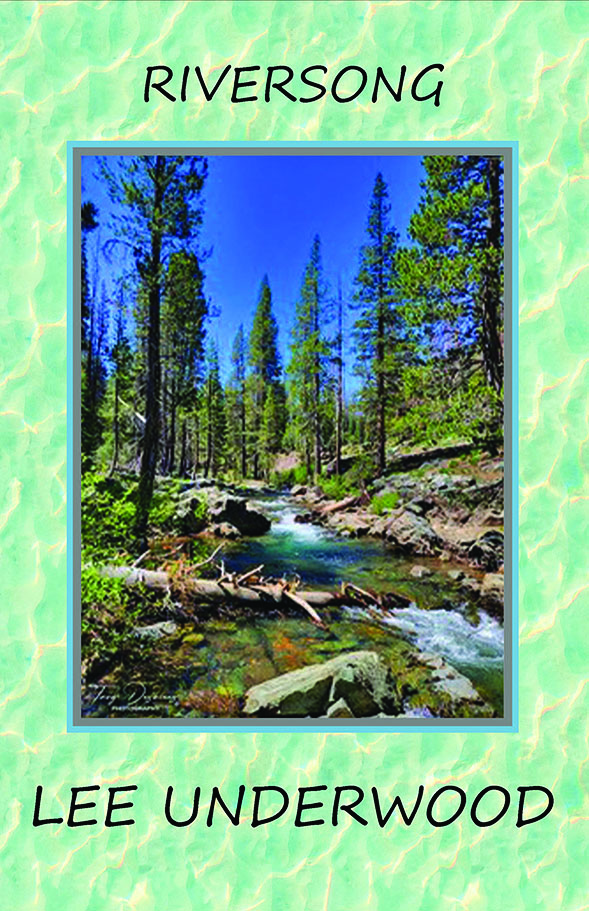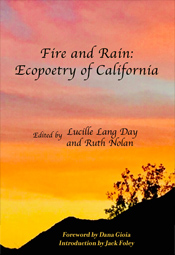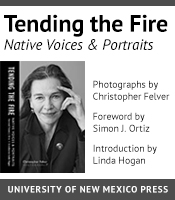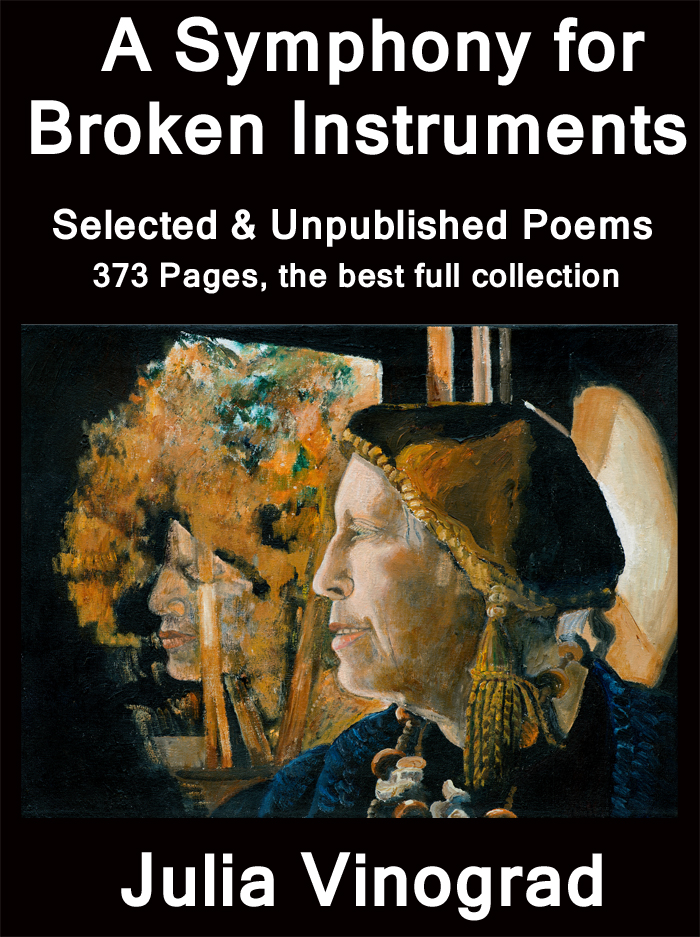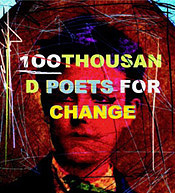
The Road to Excess: F.A. Nettelbeck (1950-2011)
a feature by Owen Hill
Hermosa was a surfer town, still is, but now the surfers work well-paying day jobs. They have to—property values shot through the roof in the '80s, and they haven't come down much. In '76 I was sharing a house on Eighth Street—one of those cheap rent stories that old bohemians brag about. I was paying about a hundred a month for a nice room in a falling-apart beach house. Fireplace, enough of a yard for Emily, my lab mix, eight blocks from the beach, and about three blocks from the bookstore.
I began my education in the Either/Or bookstore on Pier Avenue. I was attending classes at El Camino College and sneaking into others at Long Beach State (poets taught there), but I fed my head at Either/Or. Marx, Paul Goodman and I.F. Stone for my agitator side. McClure's Meat Science led me out of the mainstream—thank you, Michael. I'd come in from the bright LA light and hit the politics sections, check out the fiction section for Bukowski or Bowles, look at poetry—Wanda Coleman was a favorite then. But I gave these shorter shrift—I was headed back behind the register, to a dimlit (nice contrast to all that beachy sunshine) small press section. An alcove, really. Mimeo, local stuff, handmade limited editions. Issues of Invisible City edited by Paul Vangelisti and John McBride, a long poem, The Burning of Los Angeles, by Jack Hirschman, mimeo edition with illustrations. Bertrand Mathieu's translation of Season In Hell, intro by Anais Nin, illustrations by Jim Dine—I hear that translation in my head when I think of Rimbaud, "I sat beauty on my knee and I roughed her up…" SoCal poets, some nearly forgotten—Locklin, Koertge, Steve Richmond, Stephen Jama. But also some that went on to 'bigger' publication—Amy Gerstler, Dennis Cooper, Tom Clark, Elaine Equi.…
I don't remember the book, or the poem, but at some point I stumbled onto F.A. Nettelbeck. Some permeation of Bug Death, in some mimeo, probably. I read it before I'd read Burroughs, possibly didn't know about cut-ups—I met Harold Norse a year or so later, I think. That's ok. I didn't need historical context to appreciate the poems. Either way they would have taken the top of my head off, as the poet said. His filtering process was scary perfect. The thing that most sours me on 'experimental' poetry is that, with most, there are so many more misses than hits. Too much wasted time, too many wasted words. Too much ego—why did they leave that in? I think, as I try to read. Nettelbeck never wasted time. Staccato little lines, hard hitting, a film-noir kind of feeling but not at all retro or clichéd: "tribes rehearse the / ritual for the / videotaping / (the raper.) forcing / pink legs apart-after / this instinct settles / slowly like mud into / a dried out skull." Leafing through his work now I'm amazed at its rigor. Rigorous isn't a word you'd usually associate with his type of poetry—the 'road to excess' school. But, really, it takes a kind of stubbornness to stay on the road—it's a long way to the palace. The street signs fly by. Who can read them, let alone choose those that matter and set them down in discernable (sublime!) order? One hell of a job—a life's work.
Something like eighty per cent of Americans see themselves as middle class, which is a lie of course; there's the oppressor class, and then there's the rest. I think, among the 'middle class,' there's a sneaky realization of that lie, like an itch you can't scratch—or maybe a cancer. Some become more aware of the lie—and for some of us, at a certain age—late teens? Early twenties? There's this search for authenticity—often embarrassing—white boys trying to sing the blues. Most give it up—possibly not a bad thing—society needs ballast, and it's tough to keep up mortgage payments when traveling the road to excess. But I'm fascinated by those that stay true, or try. I've had long stretches on the road, but I've also stayed too long at the rest stops. Nettelbeck's work had that blues singer/jazz musician/pirate quality, fascinating yet embarrassing to the middle class. Should we leave it be and stay bland? Appreciate from a distance? Jump right in and risk a life on the outside? Authenticity is a tough nut.
warm alcohol glow known
as god we are almost
home they say
repeat, give me something
warm—your arms clinging
I was working at Logos Books and Records in Santa Cruz when Americruiser (a poem by F.A. Nettlebeck, Illuminati) came out, early eighties. After work I'd go to the Teacup Bar, in an old Chinese restaurant on Pacific Avenue. The earthquake of '89 flattened the place. Nettelbeck drank there, but we didn't talk that much. We had a mutual friend, Bill Simmons, a visual artist, and if Bill was there I'd join in on group discussions. Mostly, I think, Nettelbeck went there for quiet drinks—me too—so we sat at opposite ends of the bar. It's strange but kind of great to be immersed in the work of an artist, to see him or her in passing, watch from a distance. Possibly more to learn that way than from asking direct questions. He had a nice way with the bartenders—the Teacup hired young women, mostly of the punk persuasion. Those were Big Book years for me—athletic reading. Russian novels, Melville, lots of Gertrude Stein. And Joyce. A good way to go for awhile, until it becomes like too much rich food. Nettelbeck seemed to chew that stuff up and spit it back out at you. Not that those others haven't stayed with me, and often nourished me—but, in a way, Nettelbeck has had a bigger effect. Or, more visceral at least—I saw what he was seeing. Living in Santa Cruz sans car meant taking Greyhound a lot, to San Francisco or Oakland to get a little taste of the urban. Nettelbeck sucked the poetry out the greyhound rides, the stations, and all that 'real' stuff. And, reading back the previous sentence I realize how clichéd it can seem—"the only ones for me are the mad ones." That searching for the real in the dark corners is, perhaps, an inauthentic practice for those who will probably return to the 'middle class.' And, yet, the alternative is to ignore what's going on—all that awful unruly stuff, all that depth. What's a middle class boy to do? I don't think Nettelbeck wrestled much with that one—he seems pretty aware that he's part of the oppressed class, probably never thought of himself as middle anything. At least, that's what his poetry says—more like, look at this sucker! Isn't that an interesting bug?
"I have talked to mentally crippled idiots, holding good jobs."
I imagine he never had a "good job." The road to excess probably doesn't allow for that. Another tough nut of an idea. Occurs to me that I'll probably never enter the palace of wisdom—I worry too much about my retirement.
I think beginning in the eighties his poetry just didn't get considered. I think people who did know about him saw him as a kind of Burroughs knock-off. I know they were pals, but I don't see too much overlap, stylistically. But, mostly, I don't think people of the eighties avant ilk read or thought about his work. I find this really fascinating—that he wasn't picked up by the avant or post-avant. There was a fork in the road, somewhere, and the cutting edge became less edgy, more refined maybe, but the visceral was given a wide birth. There was a lower gross out factor. And the pros and cons of having a good job didn't get discussed. The cutting edge didn't threaten the man in the gray flannel suit. Real life issues were left out of focus—like trickle down or the foreign wars. Nettelbeck's poetry points to the elephant in the room. Hell, he scared me! To stretch the zoo animal metaphor, he was like those monkeys that throw their own shit at the patrons. Take that! The message being: I'm in a cage, fucker. Let me out! (or, Unscrew the doors themselves from their jambs!). This is dangerous stuff—enough to make most get off the road to excess at the next off ramp. One good way to avoid the issue—marginalize the whole thing by declaring it out of fashion—or doing a Gertrude Stein—"that doesn't interest us." ![]()
Owen Hill is a poet and fiction writer; he is the author of seven collections of poetry, Loose Ends, a book of short stories, and The Chandler Apartments, a mystery novel. He was awarded the Howard Moss Residency for Poetry at Yaddo in 2005. His most recent mystery novel is The Incredible Double (PM Press). He coordinates events at Moe's Books in Berkeley.




